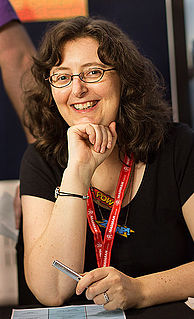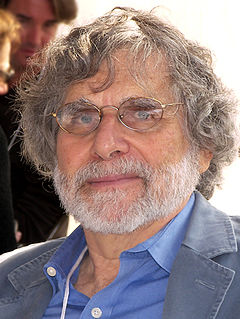A Quote by Rutger Bregman
News reports following a natural disaster are almost always dominated by stories of looting and violence, but in many cases such stories turn out to be unfounded speculations based on rumour.
Related Quotes
The film world is far more male-dominated. I mean, the numbers are staggering at the level of how many people on set there are, and almost all the trades in film, there's a lot more men. So I can see without anyone intending to be biased [that] we have kind of a collective choosing of men's stories and a collective of taking men's stories seriously.
Frightening media messages...pervade the news business, which really ought to be called "the bad news business" for its preoccupation with disaster and destruction. In broadcast journalism, killing is almost always covered, while kindness is almost always ignored. The more alarming a news item is, the more attention it receives.
Sad to think that we won't have any new stories from John Updike, one of the last century's masters. But so many here in the two volumes of his collected stories, 186 by my count, stories to read, reread, savor over the course of a cold season. Updike's genius in the short form spills out of these many, many pages.
You are saying, are you not, I said to Manuelito, that stories have more room in them than ideas? [...] He laughed. That is correct, Señor. It is as if ideas are made of blocks. Rigid and hard. And stories are made of a gauze that is elastic. You can almost see through it, so what is beyond is tantalizing. You can't quite make it out; and because the imagination is always moving forward, you yourself are constantly stretching. Stories are the way spirit is exercised.
What does it matter, if we tell the same old stories? ...Stories tell us who we are. What we’re capable of. When we go out looking for stories we are, I think, in many ways going in search of ourselves, trying to find understanding of our lives, and the people around us. Stories, and language tell us what’s important.








































